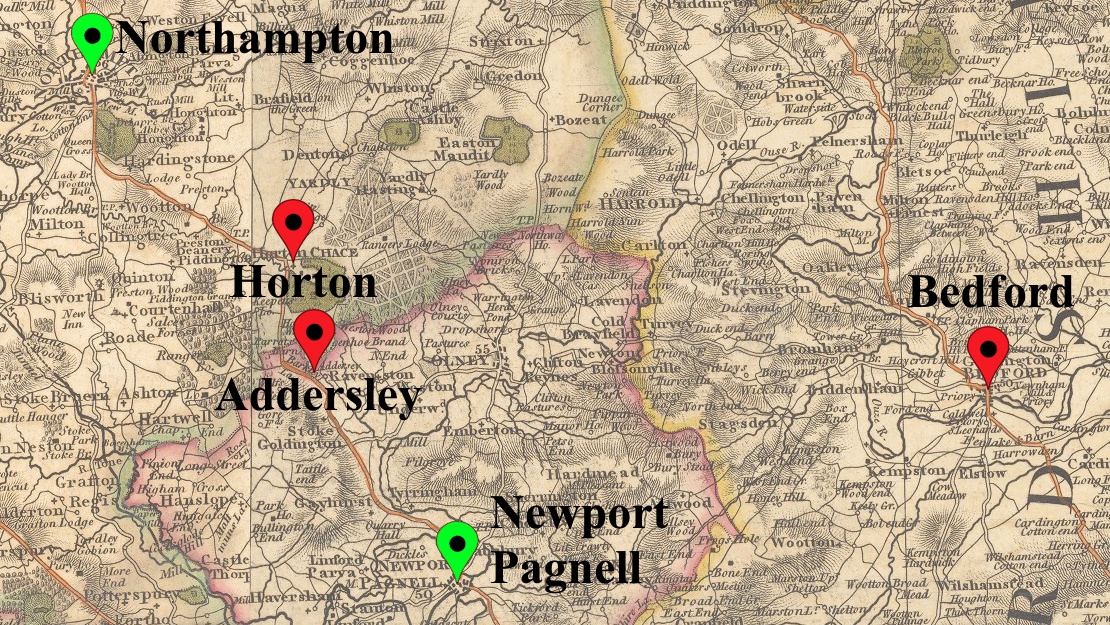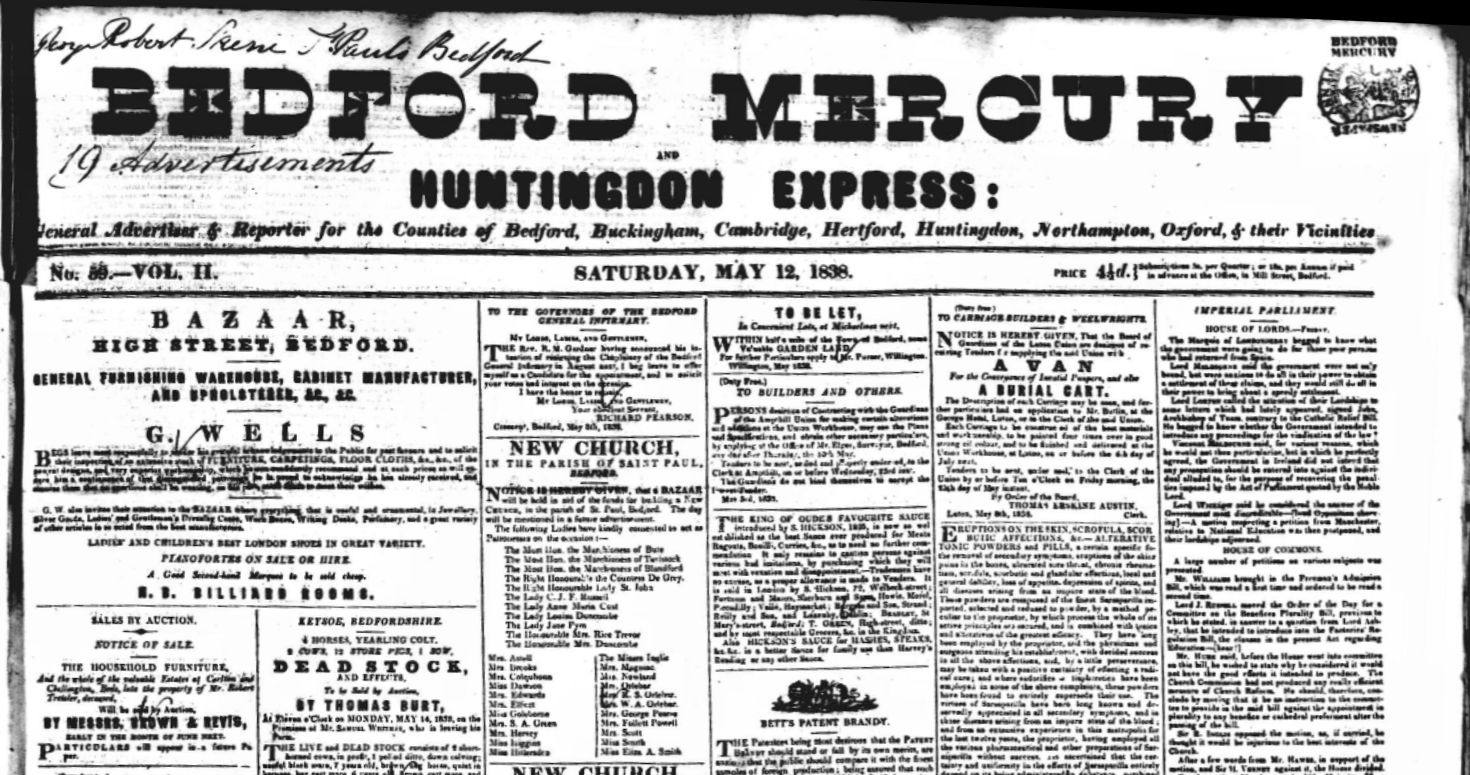In an age when professional boundaries were more fluid and a restless mind could shape a career across diverse fields, George Robert Skene stands out as a compelling example. A man of many vocations, Skene’s life story weaves through medicine, social advocacy, radical politics, agriculture, and newspaper publishing, leaving an imprint in each.
From Devon to Southwark: The Early Years
Born in 1802 in Devon, George Robert Skene was the son of Andrew and Henrietta Skene. Like many young men of promise in the early 19th century, George began his professional life in medicine. He trained as a surgeon, most likely at Mr Grainger’s medical school in Webb Street, Southwark, a noted centre for anatomical study.
In 1825, he qualified as a Member of the Royal College of Surgeons (MRCS). During this formative period, Skene moved in circles that mixed medicine with social reform. He encountered influential figures such as Thomas Wakley — surgeon, MP, and founder of The Lancet — as well as Joseph Hume, radical MP and surgeon, and Robert Owen, pioneer of the co-operative movement.

Championing the Co-operative Cause
By the late 1820s, Skene was actively involved in promoting co-operative knowledge. He served briefly as Secretary of the London Association for the Promotion of Co-operative Knowledge, an organisation closely tied to the London Mechanics Institute, where his elder brother, Philip Orkney Skene, was treasurer and lecturer until 1830.
In 1829, this association evolved into the British Association for Promoting Co-operative Knowledge, acting as a central hub for the country’s 300 co-operative societies. It distributed pamphlets, organised lectures, and sent “missionaries” to spread the movement’s ideals. Though short-lived (ceasing operations in 1833), it laid the groundwork for the later Chartist movement and the London Working Men’s Association.

A Country Gentleman: Farming in Buckinghamshire and Northamptonshire
After the death of his father, Andrew Skene, 8th Laird of Halyards, in 1826, George moved to Addersley Lodge near Stoke Goldington, Buckinghamshire. There, he managed the family’s land and ran a second farm at Hackleton in Northamptonshire — properties that had belonged to his grandfather, Philip Wharton Skene, 7th Laird of Halyards.
By 1833, other commitments drew his attention, and he began advertising the farms to let. Four years later, in 1837, he sold the properties entirely, making way for the next chapter of his career.

The Bedford Mercury and Radical Journalism
In a striking career pivot, Skene moved to Bedford and founded the Bedford Mercury and Huntingdon Express — for many years, the only newspaper printed and published in the town. He operated the business from his premises on Mill Street.
By 1840, Skene had also acquired the Bucks Gazette, printed in Aylesbury, ensuring his position as a prominent voice for Liberal politics in the region. His papers regularly championed progressive causes, from the reform of church rates to the nationalisation of turnpike trusts.
In 1847, Skene sold the Bedford Mercury to Rowland Hill (not to be confused with the inventor of the Penny Post)1, before finally leaving Bedford for Camden, London, in 1855.
A Voice for Reform and the Poor
Throughout his career, George Skene was never far from a cause. In 1833, he publicly supported proposals to nationalise turnpike trusts, arguing this would lower maintenance costs and reduce the price of transporting goods and people2.
That same year, he appeared before the Petty Sessions for refusing to pay church rates — a protest against their being levied by an unelected parish vestry and the exemption of glebe lands3. His articulate defence led to the case being dropped4.
In 1834, he turned his attention to the New Poor Law, criticising its implementation for increasing hardship among working families5. He also took practical action locally, making land available for allotments to support poor families in Horton, Hackleton, and Piddington.
G. R. Skene, Esq. of Eakley, has let Nine Acres of Land, in allotments, to the poor of Horton, Hackleton, and Piddington. A small quantity of land has been let on the same principle in Stoke Goldington parish, by Mr. Skene. The parties have been in occupation since September last.6
Final Years and Legacy
In 1855, George left Bedford and settled at 9 Haverstock Hill, Camden, London. He spent his later years there before moving to Harrogate, Yorkshire, where he died on 14 May 18677.
A man of restless energy, sharp intellect, and enduring social conscience, George Robert Skene left his mark on the fields of medicine, radical politics, rural reform, and journalism. His life is a reminder that meaningful legacies are often built not in a single sphere but through a life of varied, principled endeavour.
Thank you for reading. If you enjoy local histories and the stories of unsung figures like George Skene, feel free to explore other posts in my archive or subscribe for more tales from the past. This post will in time form part of a series on the Mechanics’ Institute in Northampton.
- https://fosterhillroadcemetery.co.uk/the-hill-family-newspaper-publishers
- Northampton Mercury – Saturday 23 March 1833, p 4 col 1
- Land within a parish used to support a parish priest.
- Northampton Mercury – Saturday 3 August 1833, p 3 col 6
- Northampton Mercury – Saturday 6 December 1834, p 2 col 4
- Northampton Mercury – Saturday 26 April 1834, p 3 col 6
- ”May 14, at 4, Prospect-terrace, Harrogate, Yorkshire, George Robert Skene, Esq., of Bedford“ Bedfordshire Mercury, 18 May 1867
© Copyright : Graham Ward. All rights reserved.